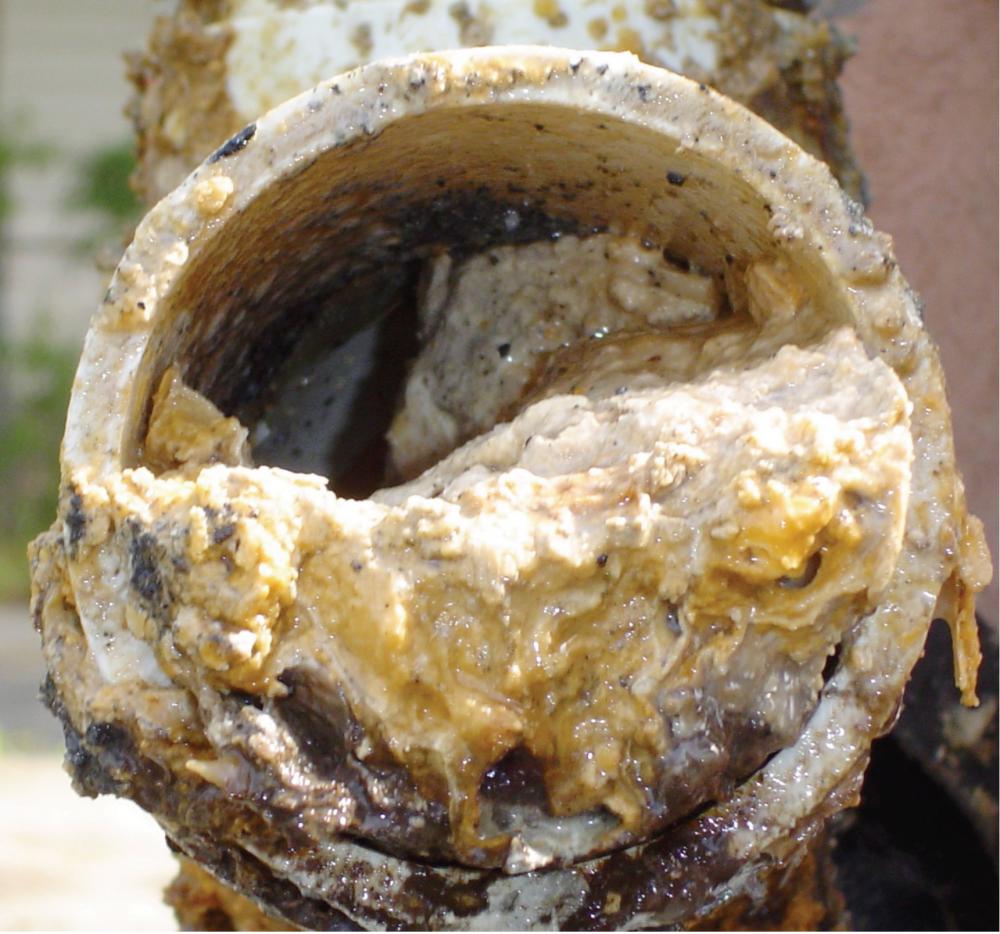Thames Water provides advice on how to avoid 'feeding the fatberg' this Christmas
By Jessica Durston - 10 December 2021
CommunityBusiness
Thames Water are providing members of the public with a timely reminder to avoid pouring cooking fat down the sink this Christmas.
Christmas dinner with all the trimmings could lead to a rise in blockages and 'fatbergs' that can flood homes and streets with sewage, families are being warned by Thames Water, the UK’s largest water and wastewater services provider.
Cooking oil from roast potatoes, buttered greens, basted meats and pigs in blankets can congeal to block drains and sewers if washed down the kitchen sink.
People are being advised instead, to let the fat cool down before scraping it into a bin.
Anna Boyles, Thames Water’s Operations Manager, said: “Thinking about sewers is probably the last thing on people’s minds over Christmas, but blocked pipes are a big problem – and an overflowing toilet or manhole cover could really ruin someone’s festivities.
“Cooking fat will eventually turn solid and build up in your pipes, potentially causing sewage to back up into homes, streets and parks.
“Instead of pouring oil down the sink, collect it in a jar or yoghurt pot. Leave it to cool and, once it’s set, scoop it out and pop it straight into the bin.
“It’s a myth that pouring boiling water and washing-up liquid down the sink will keep things moving. The soap may actually harden in your pipes, sticking to other item and adding to the problem.”
Thames Water says that fat in the sewers can also combine with items like wet wipes to make the blockages bigger and more difficult to remove.
Wet wipes, sanitary items and nappies contain plastic and should also be binned rather than flushed. The only things that should be put down the toilet are what Thames Water refer to as the ‘3Ps’ – pee, poo and toilet paper.
The water and wastewater service provider says it spends millions of pounds a year clearing a total of 75,000 sewer blockages - most of them caused by fat and wet wipes – across London and the Thames Valley. Half of these blockages cause internal flooding.
Thames Water’s network protection team also visits food establishments across the region, ensuring they’re not putting fat, grease and oil down their sinks and that fat traps are installed and working properly.
Businesses that allow fat, grease and oil to get into sewers can face prosecution and fines of thousands of pounds.
More information about Thames Water’s 'Bin it - Don't Block it campaign can be found at https://www.thameswater.co.uk/about-us/responsibility/bin-it










Your Comments
Be the first to comment on this article
Login or Register to post a comment on this article